
|
News of OGG - November
Wednesday, 17 November 2021
|
News of OGGs Clive Blazey (P'62), Jen Ames (Smith, Je'80), Amanda Bissex (A'87), Symon Wilde (Cu'97) and Andrew Swan (Fr’07) is featured this month.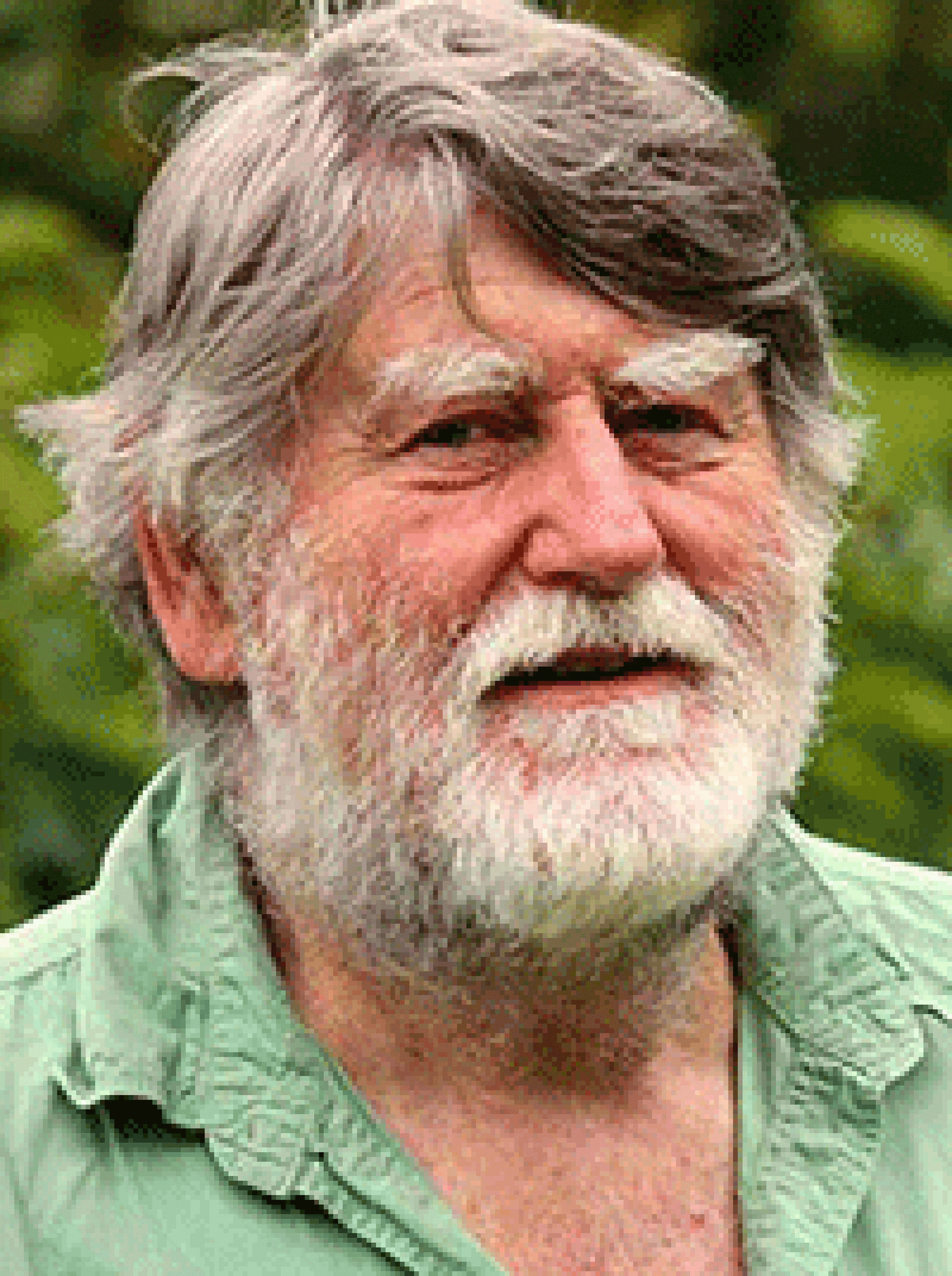 Clive Blazey (P'62) 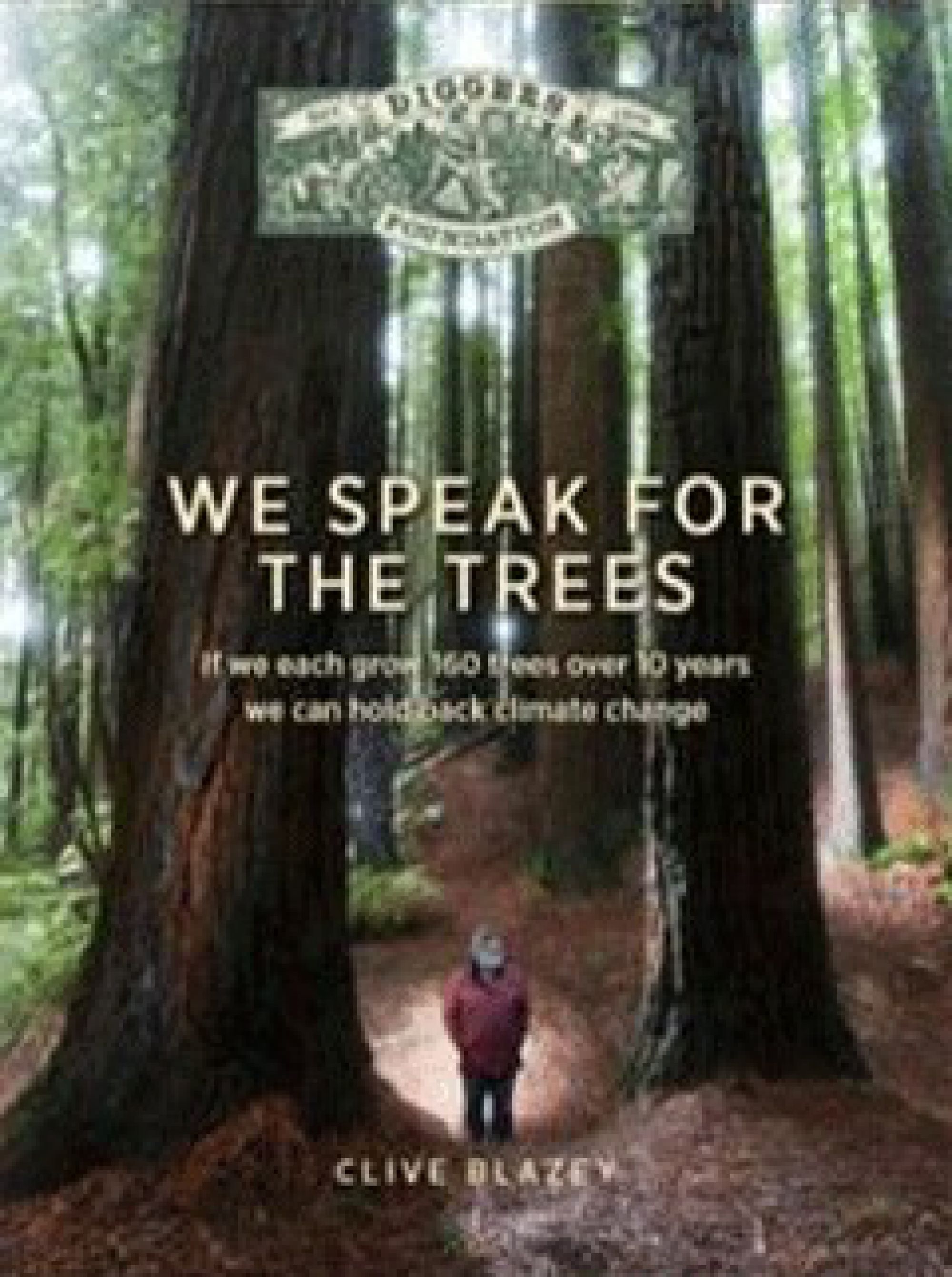 A new book from The Diggers Foundation, We Speak for the Trees, is a gardener’s guide to achievable solutions for the global climate change crisis and Clive Blazey’s eighth book. In terms of finding urgent solutions, planting trees and gardening sustainably are some of the simplest solutions for carbon drawdown. A new book from The Diggers Foundation, We Speak for the Trees, is a gardener’s guide to achievable solutions for the global climate change crisis and Clive Blazey’s eighth book. In terms of finding urgent solutions, planting trees and gardening sustainably are some of the simplest solutions for carbon drawdown.Inspired by David Attenborough and renowned Australian climate experts, the book contains detailed information on almost 100 ornamental, fruit and nut trees selected for climate suitability, shade, habitat protection and bushfire prevention. Clive and his wife Penny founded The Diggers Club in an old tin shed in 1978 - the purpose was to rescue the wonderful old varieties of vegetables that mainstream companies were dropping from their lists. Before the days of on-line shopping, the best way to reach the keenest gardeners was to set up mail order distribution, bypassing retail shops. In July, 1978 they posted out the very first Diggers Seed Catalogue, listing 300 varieties of flowers and vegetables. Today, The Diggers Club works to preserve the best plants and garden traditions to help Australian's become better gardeners. Their independence allows them to speak out against climate change, genetically modified seeds and food, industrial agriculture and the corporatisation of our food supply. In 2011, Clive and Penny gifted ownership of The Diggers Club and its two historic gardens - Heronswood and The Garden of St Erth to The Diggers Foundation. The Foundation strives to conserve historic gardens, buildings and cultural heritage and to protect heirloom seeds using research and education. Each tree listed in We Speak for the Trees is growing in one of The Diggers Foundation gardens, where valuable first-hand knowledge has been gained by planting, trialling and careful study over more than 40 years. Information gathered over this journey has enabled the compilation of a list of the best trees for Australian gardeners. “By planting trees, we can all play our part to accelerate the drawdown of carbon. Now, more than ever, we must all speak up for the trees.” Clive Blazey AM 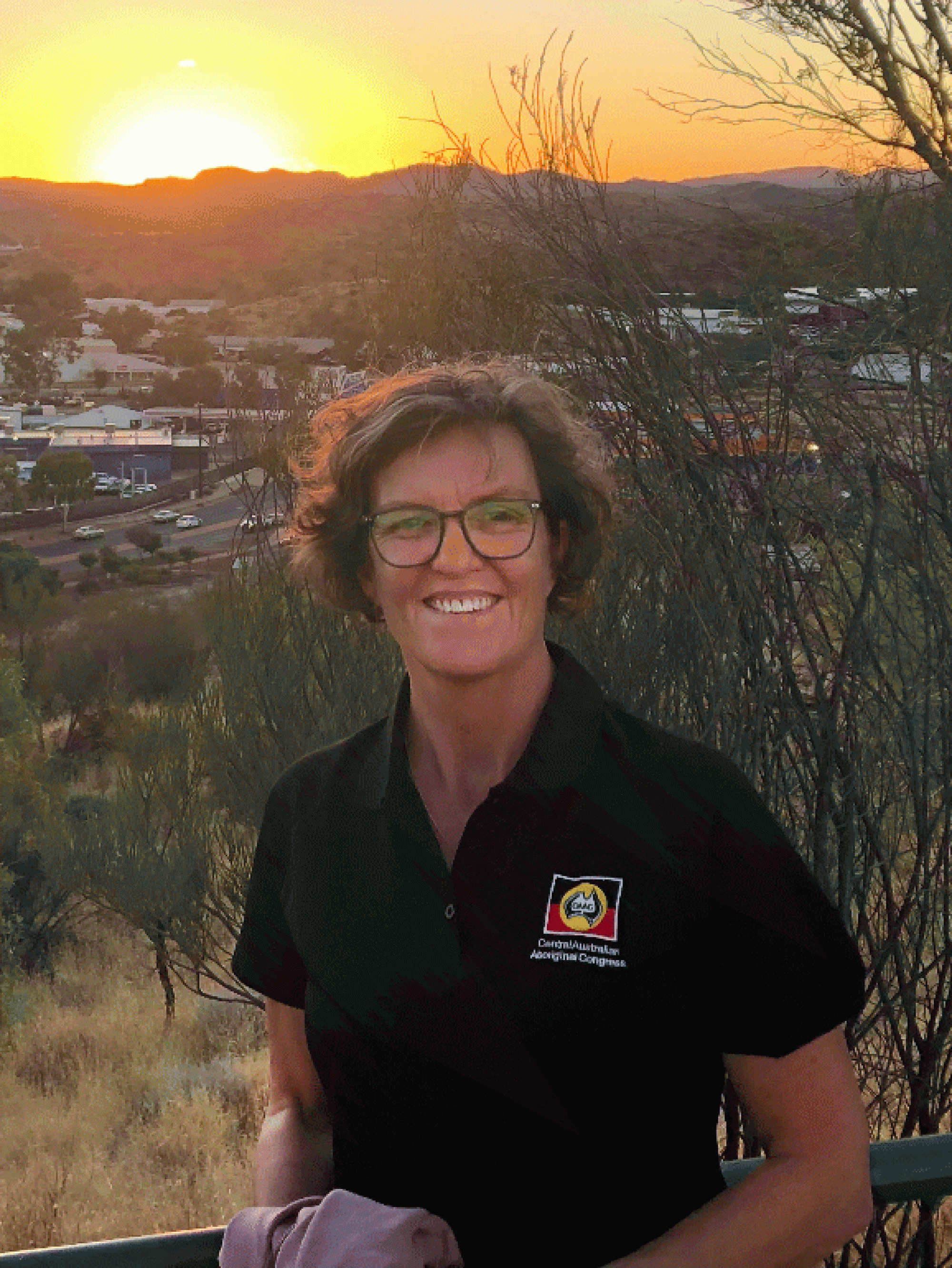 Jen Ames (Smith, Je'80) Registered nurse and midwife, Jen is playing a vital role in the COVID-19 vaccination programme in Central Australia (Eastern Arrernte: Mparntwe Ampere). Jen has spent the last eight years balancing work in remote Northern Territory communities with work in regional and metropolitan hospitals. After a post-graduate certificate in remote health, she has taken placements at different remote communities including Yuendumu, Utopia, Mutitjulu and Areyonga. Utopia, 250 km north-east of Alice Springs, is Jen’s favourite community because it is so unique. She has come to know all the families and is warmly welcomed whenever she visits. Jen has worked with multiple generations of each family, delivering several babies there in the clinic. Utopia is an Aboriginal Australian homeland area of the Alyawarre and Anmatyerre people, formed in November 1978 by the amalgamation of the former Utopia pastoral lease with a tract of unalienable land to its north. It is a spread-out community full of outstations (homelands) with smaller family groupings at each and which are between five and 50km away from the medical clinic. The clinic, which now has a dialysis unit, is not in the middle of the community, but it is surrounded by a women’s shed, a chook yard, an op shop and medical staff housing. 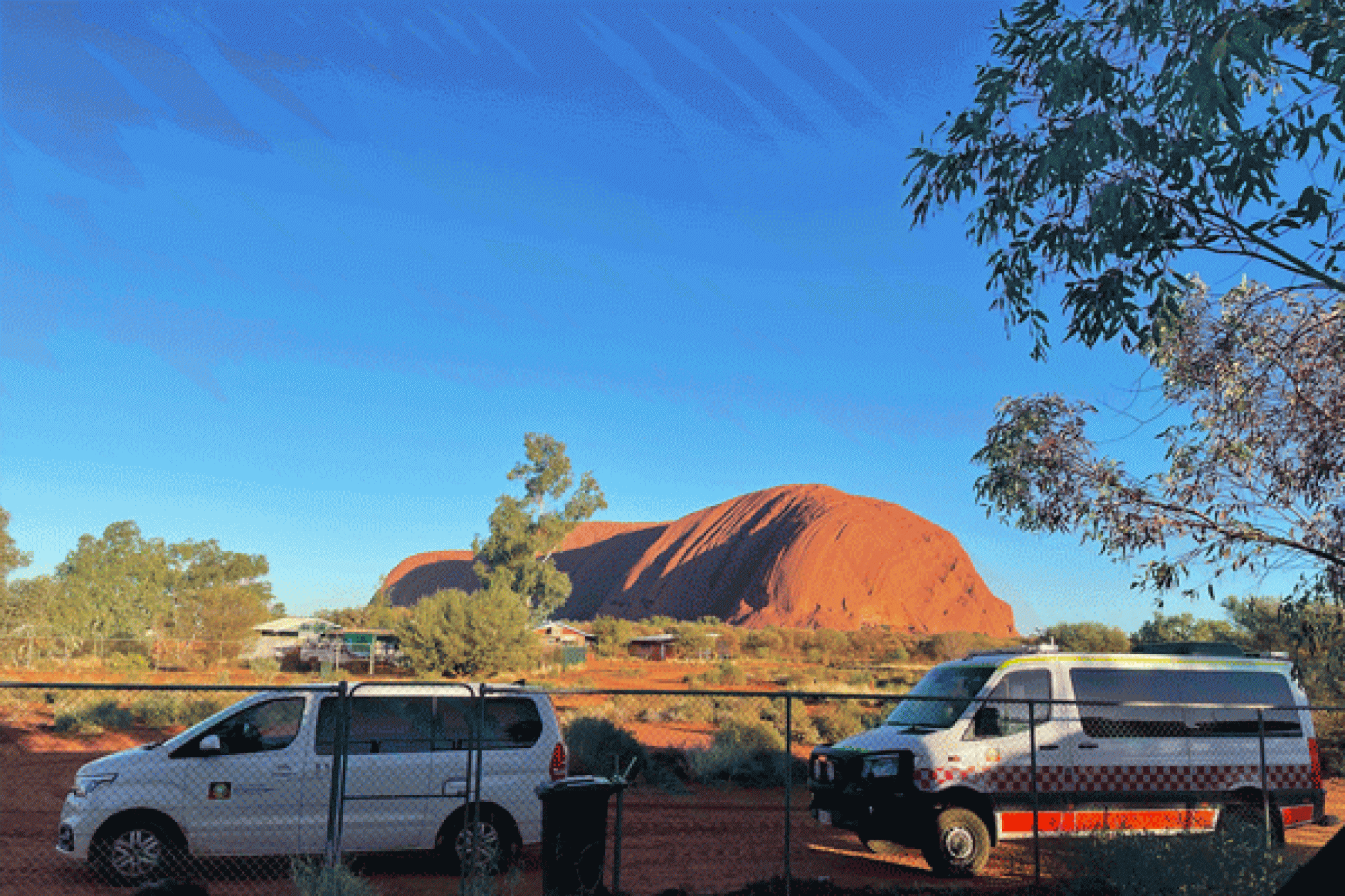 Utopia is serviced through Urapuntja Health, one of Australia's longest running Aboriginal Community Controlled Health Services, established in 1977. Developed to serve the needs of the Utopia community and surrounding homelands. Urapuntja provides services to a population of about 600 to 1000 permanent residents who live in the 16 homeland communities. It is unique in that it delivers an outreach service to all 16 outstation communities every week. Senior people from each of the outstations comprise the board of management and ensure that the organisation responds to the needs and hopes of the community. The Board is a representative board based on clan structures rather than through the election of people from the membership. Utopia is serviced through Urapuntja Health, one of Australia's longest running Aboriginal Community Controlled Health Services, established in 1977. Developed to serve the needs of the Utopia community and surrounding homelands. Urapuntja provides services to a population of about 600 to 1000 permanent residents who live in the 16 homeland communities. It is unique in that it delivers an outreach service to all 16 outstation communities every week. Senior people from each of the outstations comprise the board of management and ensure that the organisation responds to the needs and hopes of the community. The Board is a representative board based on clan structures rather than through the election of people from the membership.Jen’s work in the various communities has covered a broad range of primary health care nursing including the challenges of debilitating diabetes and chronic conditions to the joys of delivering babies, including some who arrived before making it to hospital in Alice Springs. In her most recent placement, Jen was involved with the COVID-19 vaccine programme with the Central Australian Aboriginal Congress. Congress is the largest Aboriginal community-controlled health organisation in the Northern Territory. Providing a comprehensive, holistic and culturally-appropriate primary health care service to Aboriginal people living in and nearby Alice Springs, including five remote communities; Amoonguna, Ntaria (and Wallace Rockhole), Santa Teresa, Utju (Areyonga) and Mutitjulu. The Mutitjulu community cares for the country around Uluru. 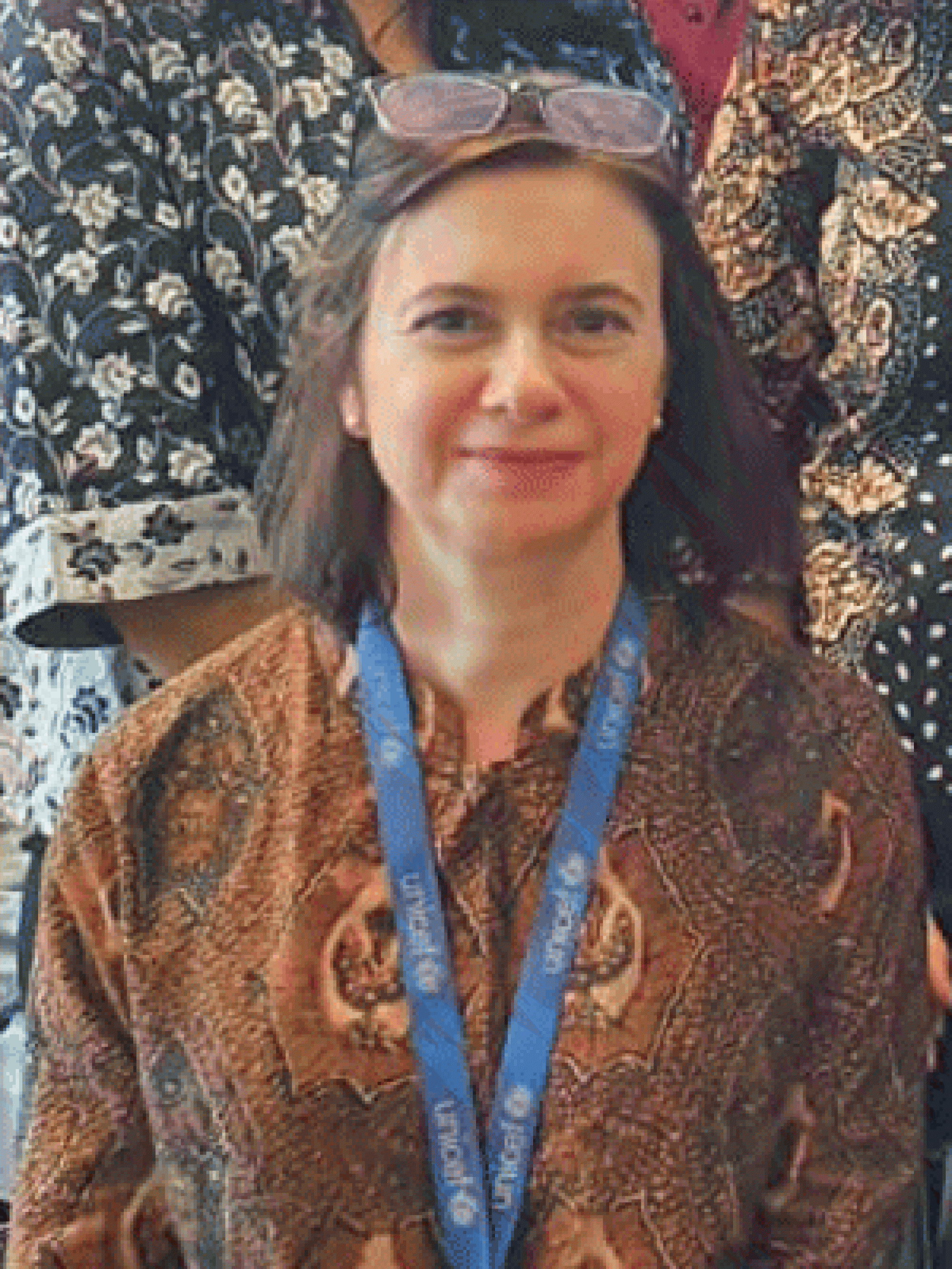 Amanda Bissex (A'87) Amanda is currently the Regional Advisor for Child Protection for the UNICEF Regional Office for South Asia (ROSA), covering eight countries (Afghanistan, Bangladesh, Bhutan, India, Maldives, Nepal, Pakistan and Sri Lanka). In June, Amanda was part of a panel at the 2021 Economic and Social Committee Humanitarian Affairs Segment reporting on the impacts of COVID-19 on the protection of displaced children. Amanda highlighted the response to the impact of COVID-19 on displaced children in South Asia, with a focus on Afghanistan and Bangladesh. She reported that the long-term social and economic impact of COVID-19 will be felt for years to come and impact children's education and child protection. She said that mitigating long-term consequences should be an area of focus, saying there are many solutions and examples, and that it was time to focus on investment in child protection. Amanda has more than 18 years’ experience in leading child protection system strengthening in Asia, Pacific and Africa. Prior to joining UNICEF ROSA, Amanda was the Chief of Child Protection in Indonesia from 2016-2020 and Chief of Child Protection in the UNICEF Multi-Country Office for the Pacific covering 14 Pacific Island countries from 2012-2016. In her several positions with UNICEF, she has supported strengthening child protection systems, capacity development for the social welfare workforce, strengthening Alternative Care, including family-based care, social norms change programmes, research and advocacy and law reform. She has a Master's degree in International Relations with a focus on human rights and humanitarian law. 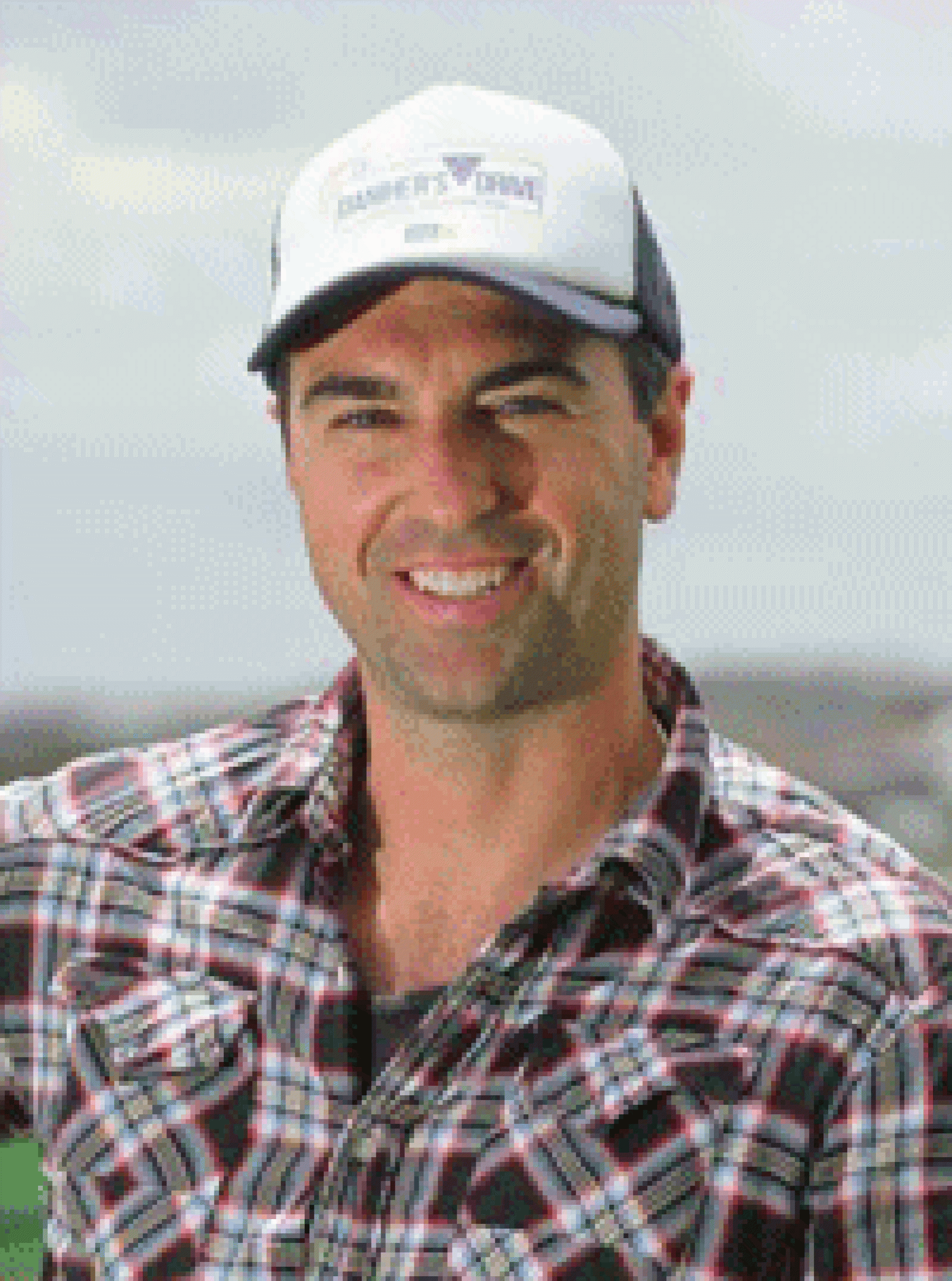 Symon Wilde (Cu'97) Warrnambool-based horse trainer Symon saddled up lively lightweight chance Tralee Rose in this year’s $7 million Melbourne Cup. The five-year-old mare won the Group 3 Geelong Cup to gain a start in “the race that stops the nation”, where it finished ninth. Symon also had runners in the Victoria Derby and the Empire Rose Stakes on Derby Day, building on his success in country Victoria, which has included winning the Warrnambool Cup (twice), Hamilton Cup and Colac Cup as well as the Brierley and Grand Annual Steeples. Symon has established himself in the top 10 of the Victorian Trainers Premiership across the past four years, but it has been a lifelong journey – he initially worked alongside his father Bill, a dentist who turned his love of horse racing into a part-time career as a trainer. Symon then spent time overseas in England, working for Lord Huntingdon at Newmarket and then at the yard of leading jumps trainer Nicky Henderson, before returning to Australia to work at Lindsay Park Stables in the Barossa Valley under the tutelage of Peter Hayes and Tony McEvoy, followed by a short stint in the USA working for Laura De Seroux. Eventually he returned to work with his father, as foreman and co-trainer before becoming head trainer of Wilde Racing in 2014. “It’s been a 10-year process,” Symon told The Age newspaper. “We are nearly where we want to be. Our facilities are good, we have got good support from owners, we have cut our teeth on the country circuit, and we are getting lots of winners.” Symon said that although the stable now had 60 horses in work, it remained a relatively small, hands-on operation. “I still ride myself and am very involved,” he said. 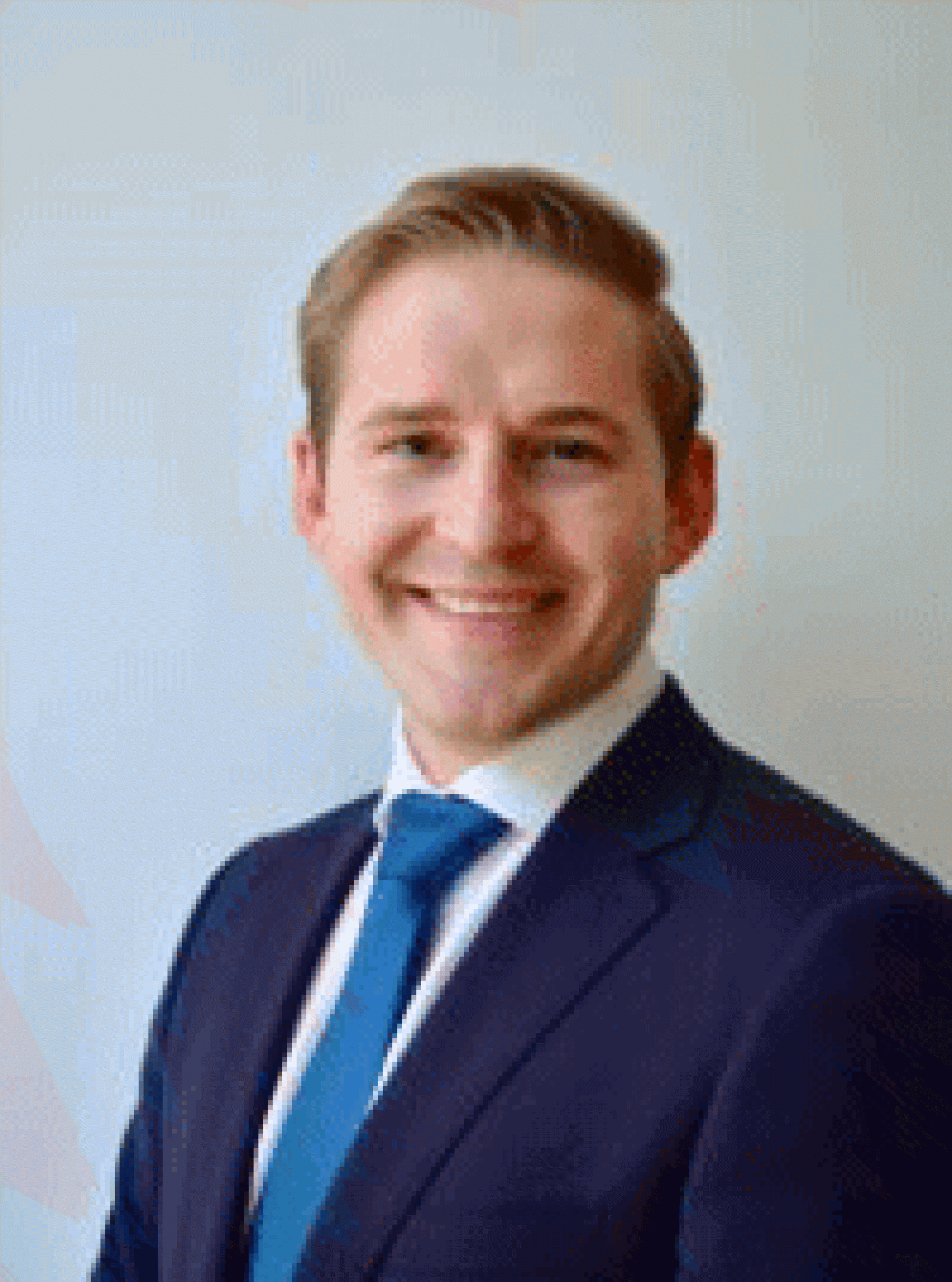 Andrew Swan (Fr’07) Andrew was recently appointed Principal of Mannix College at Monash University, commencing in 2022. Currently he is the Tuckwell Scholarship Program Director at the Australian National University. The Tuckwell Scholarship has been described as the most transformational undergraduate scholarship program in Australia. Offered each year to 25 talented school-leavers who are selected on the basis of intellect, character, leadership and their commitment to Australia. Prior to that Andrew had held several roles at Monash University, including as the inaugural College Head of Campbell Hall. A former Monash and Mannix student himself, Andrew had previously held the positions of President of the Mannix Old Collegians’ Association and President of the Mannix College Students' Society. |